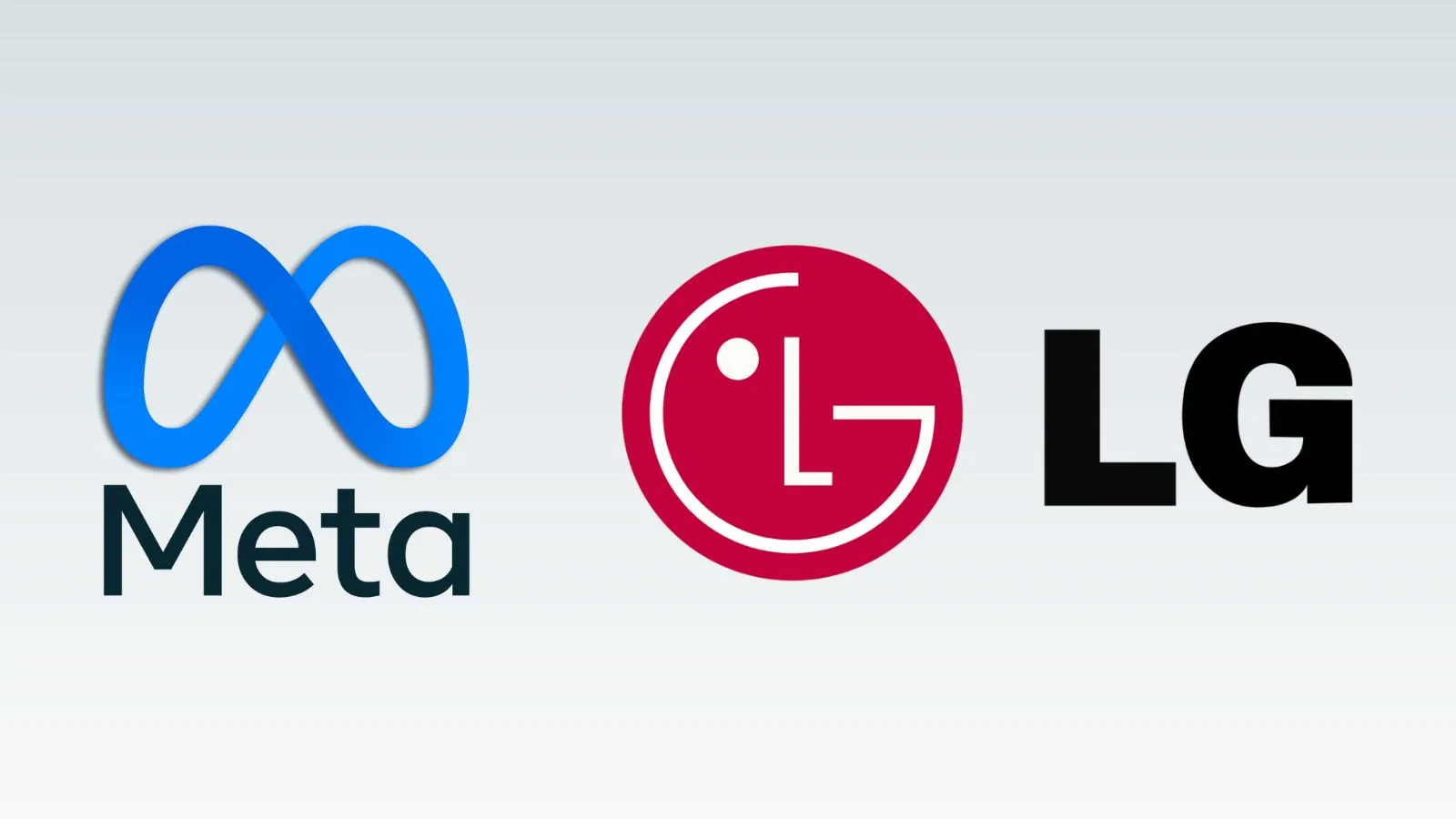
Meta and LG’s partnership aimed at creating a next-generation extended reality (XR) headset has encountered significant hurdles, casting doubt on the project’s future.
Initial Collaboration and Ambitions
Meta and LG announced their partnership with the goal of accelerating the development of XR technologies. The collaboration was expected to leverage Meta’s expertise in virtual reality (VR) and augmented reality (AR) software, combined with LG’s prowess in hardware, particularly display technologies.
The initial plan involved LG providing cutting-edge OLED displays and other components, while Meta would integrate its software and AI capabilities into the devices. This synergy aimed to create a high-performance XR headset that could compete with Apple’s Vision Pro, which boasts advanced features such as high-resolution micro-OLED displays and sophisticated gesture recognition.
Challenges and Delays
Despite the promising start, the partnership has faced several obstacles. Reports indicate that the development of the new headset, tentatively named Quest Pro 2, has been slower than anticipated. Initially targeted for an early 2025 release, the timeline has been pushed back, with some sources suggesting a possible delay until 2027.
The delays are attributed to various factors, including technical challenges and strategic disagreements between the two companies. LG’s involvement was supposed to enhance the headset’s display quality, a critical feature to compete with Apple’s Vision Pro. However, achieving the desired performance metrics has proven difficult.
Strategic Shifts
Meta has also been re-evaluating its VR strategy in light of the lukewarm reception of its existing products, such as the Meta Quest Pro. The company is reportedly shifting its focus to include more affordable VR solutions alongside high-end devices. This strategic pivot may be influencing the pace and direction of the partnership with LG.
Furthermore, Meta’s financial investment in its Reality Labs division, which oversees its XR projects, has not yielded the expected returns. The division has seen declining revenue, prompting Meta to reconsider its investment strategy and partnerships .
Future Prospects
While the partnership’s future remains uncertain, both companies are exploring ways to overcome the current challenges. LG’s expertise in display technology and Meta’s advancements in AI and software integration still hold the potential to produce a competitive XR headset. However, it is clear that the path to market will require more time and effort than initially anticipated.
The broader implications of this partnership are significant for the XR industry. As Meta and LG navigate these challenges, their ability to deliver a high-quality, competitive product will influence the market dynamics, particularly in the face of Apple’s strong entry with the Vision Pro.


















